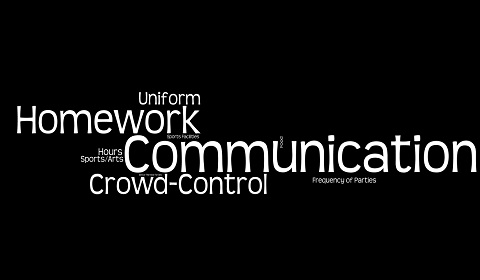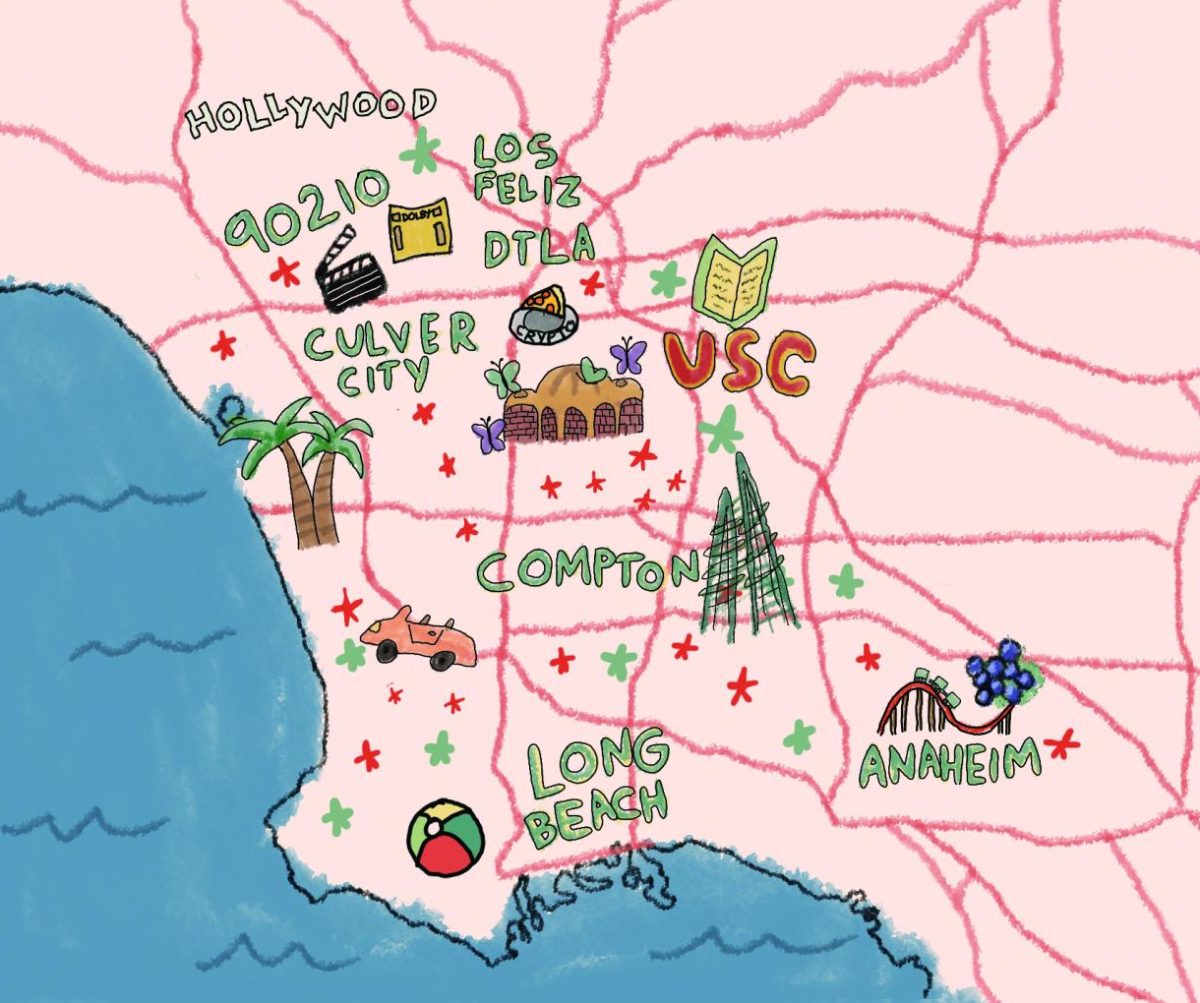
Every six years or so, the California Association of Independent Schools (CAIS) visits Marlborough in order to accredit the School. CAIS works in accordance with the Western Association of Schools and Colleges (WASC) in order to decide what is the appropriate accreditation for each school that it evaluates. WASC accredits a wide range of institutions, from elementary schools to colleges, which is why CAIS, which evaluates independent schools exclusively, assists with the process and visits Marlborough.
The faculty was assigned to write a report that the School will present to CAIS on Dec. 1. The report includes the School’s long-term goals as well as a self-evaluation, which articulates what the School believes to be its strengths and its needs for improvement. Each of the report’s twelve chapters is written by a faculty committee, and the chapters cover many aspects of the School, including its philosophy, finances, the Administration, the faculty and staff, the students, the community, the facilities, and the programs.
Marlborough’s steering committee, which is made up of the heads of each faculty committee and a few students, is in charge of reading each chapter of the report and editing it as needed. The co-heads of this committee, who oversee the entire process of writing the report, are Science instructor Elizabeth Ashforth and History and Social Sciences Department Head Catherine Atwell.
When asked which programs she thought were strengths of the School, Atwell said, “I think that Marlborough’s engaged in some really interesting conversations about issues like leadership, about diversity and inclusion, and about what it means to educate students to be global citizens.”
CAIS will read the report, visit the School, and verify that the report accurately represents the School’s programs, resources, and goals. When members of CAIS visit the campus, they will sit in on classes, make observations, and meet with each committee, including the steering committee, in order to discuss each section of the report. The visitors will add input and commentary to the report, make suggestions to the faculty and staff, and then accredit the School accordingly.
“Hopefully the committee will recognize how thorough we have been and confirm our self-identified areas for improvement,” Assistant Head of School and Head of Upper School Laura Hotchkiss said. “The process is very thorough and thoughtful. We shouldn’t have missed something. However, the committee may find something in addition to the improvement areas in the report.”
Hotchkiss and Atwell agree that having students involved in the accreditation process is invaluable.
“We think it’s really important that students have a say in setting the goals that will come out of the self-study accreditation process,” Atwell said. “We’re commenting about the state of the School and the state of the educational process here. [Students] know the School best.”
The students selected to serve on the steering committee include current All-School President Kyla ’14 and last year’s Middle School President, Kate ’16. Atwell said that they were chosen to be part of the steering committee mainly for their leadership experience.
The two co-presidents of this year’s Parent Association and the two co-presidents of last year’s Parent Association also serve on the steering committee. While the parent representatives aren’t actively involved in drafting the report, they attend all of the committee’s meetings and are consulted for their input on the School.
When asked about her experience as a student on the steering committee, Kate said, “I think it’s interesting, because I’m in the meetings giving the perspective of the student, but I also get to hear what the teachers’ perspectives are and what they think about Marlborough and its goals.”
Kyla commented on how Marlborough is doing: “[The School] needs to improve a little more on the awareness of what the students have on their plates. I don’t think they’re fully aware of the toll it takes on people.”









